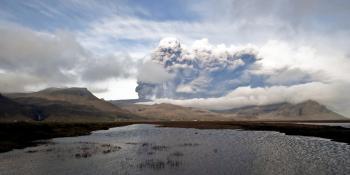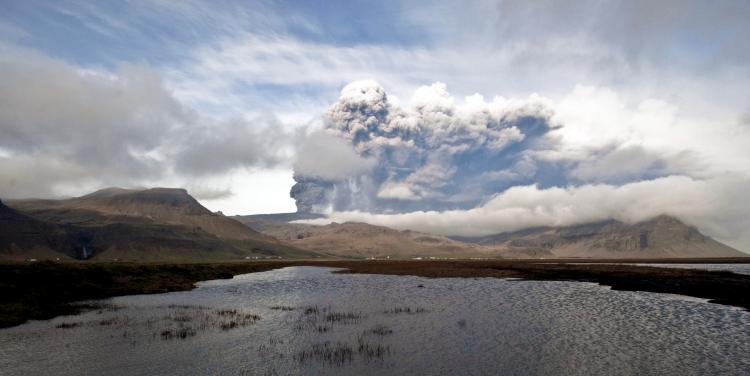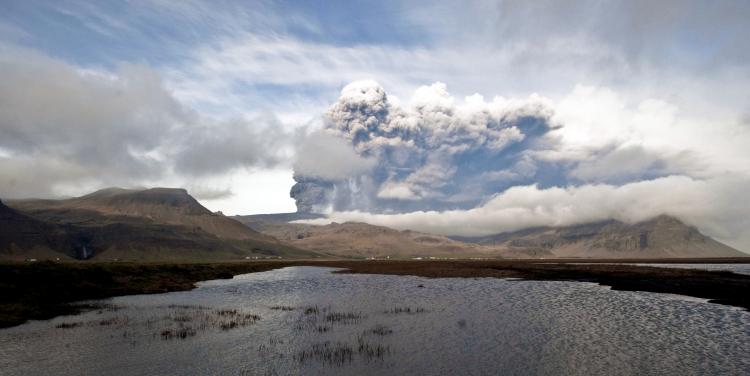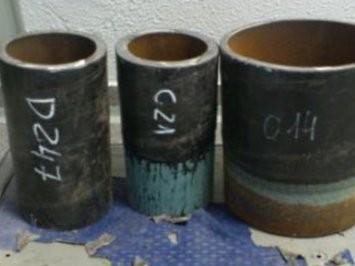Airline passenger frustration over canceled flights and being stranded at European airports should end as Iceland’s Eyjafjallajokull volcano, and its troublemaker of an ash cloud, calmed down on Sunday.
“The eruption seems to be dormant today,” said a status report of the Iceland Meteorological Office on Sunday.
According to the report, the volcanic tremor is “approaching the level it had before the eruption.”
A heat camera from the Icelandic Meteorological Office recorded on Sunday that the temperature in the crater has dropped to below 212 degrees Fahrenheit, and that steam instead of magma is now rising from it.
“There is still a considerable amount of steam coming from the crater, but no ash can be seen,” said the report.
When Eyjafjallajokull erupted in 1821, activity lasted for more than one year.
The large plumes of ash created by the volcano have been disrupting flights and closing airports across Europe for over a month over fears that volcanic ash could clog airplane engines and damage speed sensors.
Last week, airports across the Netherlands and the U.K., including Europe’s busiest airport London Heathrow, were closed as a result of the ash cloud.
According to estimates from the International Air Transport Association, the cancellation of about 100,000 flights has caused roughly $1.7 billion in losses and affected more than 10 million passengers.
“The eruption seems to be dormant today,” said a status report of the Iceland Meteorological Office on Sunday.
According to the report, the volcanic tremor is “approaching the level it had before the eruption.”
A heat camera from the Icelandic Meteorological Office recorded on Sunday that the temperature in the crater has dropped to below 212 degrees Fahrenheit, and that steam instead of magma is now rising from it.
“There is still a considerable amount of steam coming from the crater, but no ash can be seen,” said the report.
When Eyjafjallajokull erupted in 1821, activity lasted for more than one year.
The large plumes of ash created by the volcano have been disrupting flights and closing airports across Europe for over a month over fears that volcanic ash could clog airplane engines and damage speed sensors.
Last week, airports across the Netherlands and the U.K., including Europe’s busiest airport London Heathrow, were closed as a result of the ash cloud.
According to estimates from the International Air Transport Association, the cancellation of about 100,000 flights has caused roughly $1.7 billion in losses and affected more than 10 million passengers.






